Editorials
– Shargh handles the possible political changes in light of cabinet reshuffle.
– Arman Amroz discusses Erdogan and Alabadi’s positions toward war in Mosul.
Iranian News Roundup
– Tehran calls the Turkish ambassador in Iran.
– New changes in the Iranian Foreign Ministry.
– Smuggling jumps to 65% in Iran.
– Maersk is back to the Iranian ports.
– Deals with 4 Central Asian Countries for Transit of Goods through Iran Route.
– Total to invest $2billion in Iran’s petrochemical project.
– 33 injuries among the Ahwazi “Istiqlal” after clashes with Tehran’s “Bersobolis.”
– 24 injuries in Zarand’s earthquake.
![]()
Shargh newspaper: Shooting idealistic bullets
An editorial in Saturday’s Shargh newspaper analyzed the reasons behind the shifting political allegiances within the Iranian cabinet, especially after the reshuffle by Rouhani, who dismissed three ‘reformist’ ministers from their posts heading the ministries of Education, Culture, and Youth.
The editorial suggested that possibly the most important legislation passed by the Rouhani administration in the past three years concerning domestic issues is the $2.2 billion oil contract with state oil firm Persia Oil for the development of the oil and gas industries in the Yaran, Maroun and Kopal fields intended to boost output from these three fields to 75,000 barrels per day (BPD), with the contract having a 20-year duration.
A noteworthy feature of Rouhani’s government is its dependence on the free market for economic development within Iran. The editorial continued, adding that to win approval for this policy Rouhani had to achieve some reconciliation and balance between the differing economic interests of the powerful political blocs within government since this reliance on free-market mechanisms is incompatible with some of the Islamic republic’s founding political tenets. The least that can be said of the oil deal is that it’s part of an expanded political agreement between Rouhani and Khamenei.
In an effort to support the validity of Rouhani’s decision, the editorialist cites the well-known Iranian saying, which states, “When the house needs light, it’s forbidden to give that light to the mosque,” using it to assert that state firms should have top priority in securing such contracts ahead of both private national companies and international companies.
There is no doubt that this view would be correct if it were not for the fact that these massive oil contracts are monopolized by Iran’s Revolutionary Guards, who have sufficient control over these types of economic activities, with the revenue not being directed towards domestic spending but on Iran’s overseas military ventures. The contracts will fail to ensure the economic feasibility of the Iranian state, with the economy witnessing massive money-laundering operations by the Revolutionary Guards and other state military institutions in recent years. The editorial asserts that it is difficult under these conditions for Rouhani to make a clear separation between the political and economic branches of the state, with any effort to do so likely to drive them even closer together. The writer suggests that the recent agreements on the oil sector might resolve some pressing political problems in Iran. Referring to the Iranian people role in the regime’s decision-making. The editorial claims that although the country’s democracy stems from the people’s views, the survival of governments such as Rouhani’s, which it says is more open and moderate than others, depends on above all else on observing a delicate balance of interests between the country’s leading economic bodies and organizations.
Arman newspaper: Erdogan and Alabadi are contradictory points of view about Mosul
An editorial in Saturday’s Arman newspaper examines the differing views of the Turkish and Iraqi leaders, Erdogan and Alabadi respectively, on the current military operations to expel Daesh from Mosul and on the future of the city and of Iraq after the terror group has been driven out.
The editorial points out that according to the latest reports, Erdogan intends to launch an attack or enforce a Turkish military presence in Iraqi territory. The issue of Turkish intervention in the liberation of Mosul from Daesh should be discussed in an objective and scientific manner and analyzed from several angles, the writer states.
On the one hand, Turkey claims that its presence in northern Iraq is sanctioned by international treaties and bilateral agreements, including agreements with the Iraqi government allowing Turkish forces to be present in Ba’shiqah camp, the editorial states. On the other hand, however, Iraq denies the existence of any such bilateral agreement with Turkey, although the Iraqi defense minister has visited the Ba’shiqah camp once to inspect the conditions for Turkish troops stationed there after Turkish forces announced that they had transferred tanks, armored vehicles and other heavy weapons to the camp. Turkey has also failed to respect international borders with Iraq, the editorialist continues, with its aircraft penetrating Iraqi airspace to bomb PKK bases in Iraqi territory.
The writer acknowledges that it is likely that these agreements were reached during the Saddam Hussein era in Iraq and are still legally valid, adding that it is also the right of the new Iraqi government to review and modify these previous treaties. The editorialist also asserts that since, as Iraq’s main Western ally, the US has a direct role in the administration of Iraq, this administration should be directly responsible for operations in Mosul and Turkey should not be allowed to take control over any operations without first obtaining Iraq’s permission.
The writer asserts that Turkey believes that it should be considered the head of the Sunni Muslim axis and is interfering to prevent the possible implementation of ethnic cleansing operations against Muslims. At the same time, the writer adds, Turkey has established good relations with it ally Atheel Al-Nujaifi, the former governor of Nineveh province (where Mosul is located) between April 2009 and May 201, born into a prominent Mosluwi (Mosul native) family in 1958, whose ancestors were closely aligned with Mosul’s Ottoman rulers. In such conditions, the editorialist states, it is very clear that Erdogan’s ultimate goal is to ensure a strong Turkish foothold in northern Iraq. Erdogan also has strong relations with the ruler of Iraqi Kurdistan Massoud Barzani, who himself remains close to the local leaders of Nineveh.
In the end, the editorial asserts, whether Iraqi Kurds are friends to Erdogan or not, understanding that they will operate under the aegis of the Iraqi leadership, along with the Sunni tribal forces and Shiite ‘Popular Mobilization Force’ militias. Additionally, the number of Turkish personnel in Ba’shiqah is quite low, with no more than 2,000 present at the base, with the only Turkish military force present in Iraq being its air force. Although the United States has committed everyone not to use their air forces without the approval of the central government in Baghdad.
Donya Eghtesad Newspaper: Exports and growth indicators
An editorial in Saturday’s Donya Eghtesad Newspaper focuses on the high growth indicators announced following increases in Iranian exports in the recent months. Hassan Rouhani announced during celebrations to mark Iran’s ‘Export Day’ that very promising growth has been secured for Iran despite the biggest problem faced by the Iranian economy which is creating jobs, and strengthening the free economy and increasing the size of the private sector in Iran’s economy. The editorial says that the indicators confirms Iran to achieve a growth rate of 4.4%, but is not certain the continuation of this rate until the end of the year. The impact of the growth rate of the Iranian economy is not the only criteria to evaluate economic improvement because there are other indications have a greater impact. If we look at the factors that led to this growth rate we see that it will not continue in the coming years. And it must rely on other factors to achieve a real growth rate in the next years. For example, the low level of inflation, which the government says he made such achievement Although not all figures of government agree on his claim. The Government of Rouhani would not be able to reduce the inflation rate again next year nor does Iran not have a specific policy aimed at increasing exports, especially non-oil ones.
![]()
♦ Zoroastrian MP objects to Isfahan’s Joma’a Imam
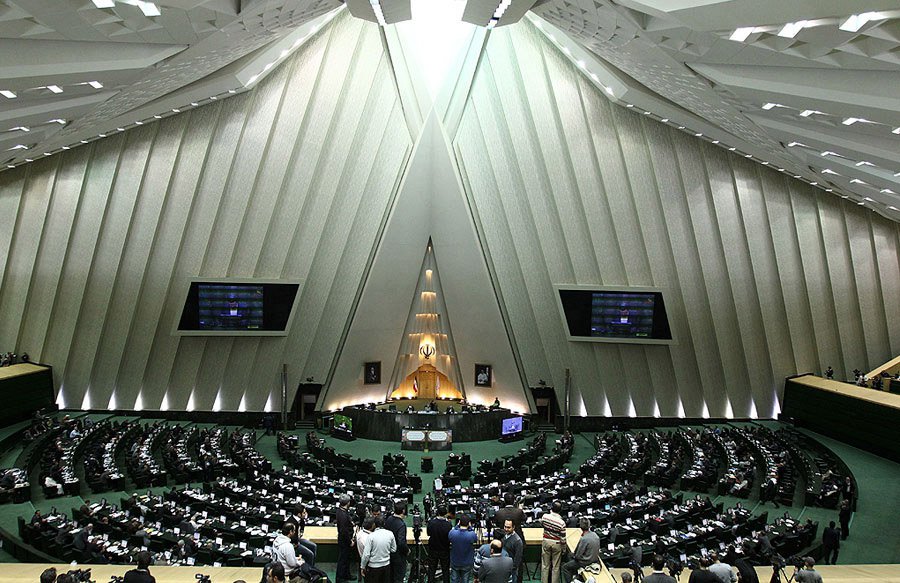
Zoroastrian MP Asfand Ekhtiari has objected to Isfahan’s Juma’a Imam Saied Yusef Tabtabaei Nejad that accused Zoroastrians of religious dualism, asserting that Zoroastrianism is a Unitarian religion in Iran and the statement of the Imam offends all Iranians and Zoroastrians in particular.
ISNA Agency
♦ Tehran and Athens Reach New Deal: Greece to Pay Its Oil Debts on Installments

Iran’s deputy oil minister, Amir Hassan Zamani Nia said that Iran and Greece had reached a new deal at which Athens is to pay its 900 million Euros of oil debts to Iran over two years. “Oil trade has been resumed between the two countries and Iran sells 60 thousand barrels per day to Greece in cash,” Nia added.
Mehr Agency
♦ The Iranian Ambassador in Turkey visits the Turkish Special Operations Unit
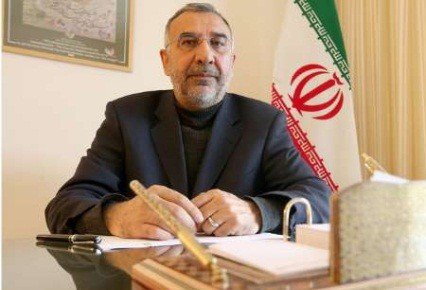
The Iranian ambassador in Turkey, Mohamed Ibrahim Tahirian accompanied by Special Liaison Officer in the Anti-drug Police Department, Colonel Barani have visited the Special Operations Police Unit in the Turkish capital Ankara and discussed bilateral relations and security collaboration between the two countries.
ILNA Agency
♦ Iran’s Foreign Ministry calls the Turkish ambassador in Tehran
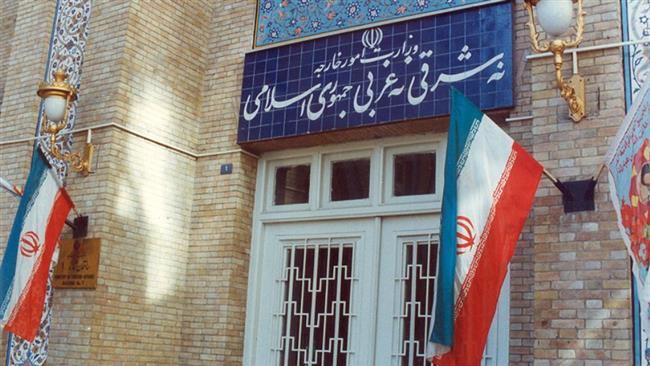
Following the latest statements of some Turkish officials about the latest regional developments, the Iranian foreign ministry has called the Turkish ambassador in Tehran, Riza Hakan Takin and informed him of Iran’s strong protest to this issue.
ILNA Agency
♦ 33 injuries in a quarrel between the Iranian Istiqlal and Bersobolis clubs fans

Fans of Ahwazi “Istiqlal” and Tehran’s “Bersobolis” clubs got into a fight leading to 33 injuries after a tie score in the soccer game between the two clubs at Alghadir stadium in Ahwaz province.
Mehr Agency
♦ 24 injuries in Zarand’s earthquake
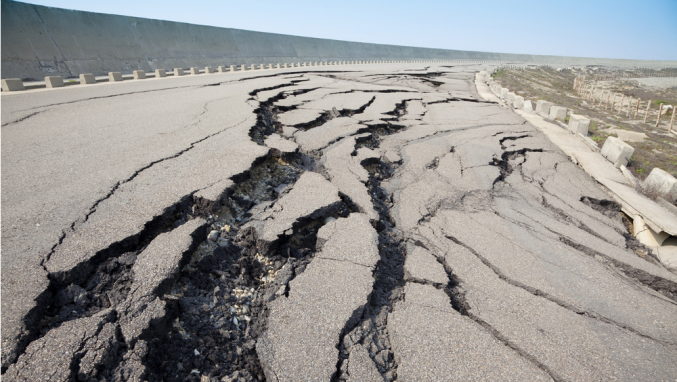
Crisis management director in Kerman province, Mohsin Kermani said that the earthquake in Zarand in Kerman province resulted in 24 injuries caused by panic but not the earthquake itself. “11 consecutive earthquakes with 3.3 degrees on Richter scale happened so far, but no significant damages in buildings and properties occurred,” he explained.
Arman Amroz Newspaper
♦ Total to invest two $billion in the Iranian petrochemical industry
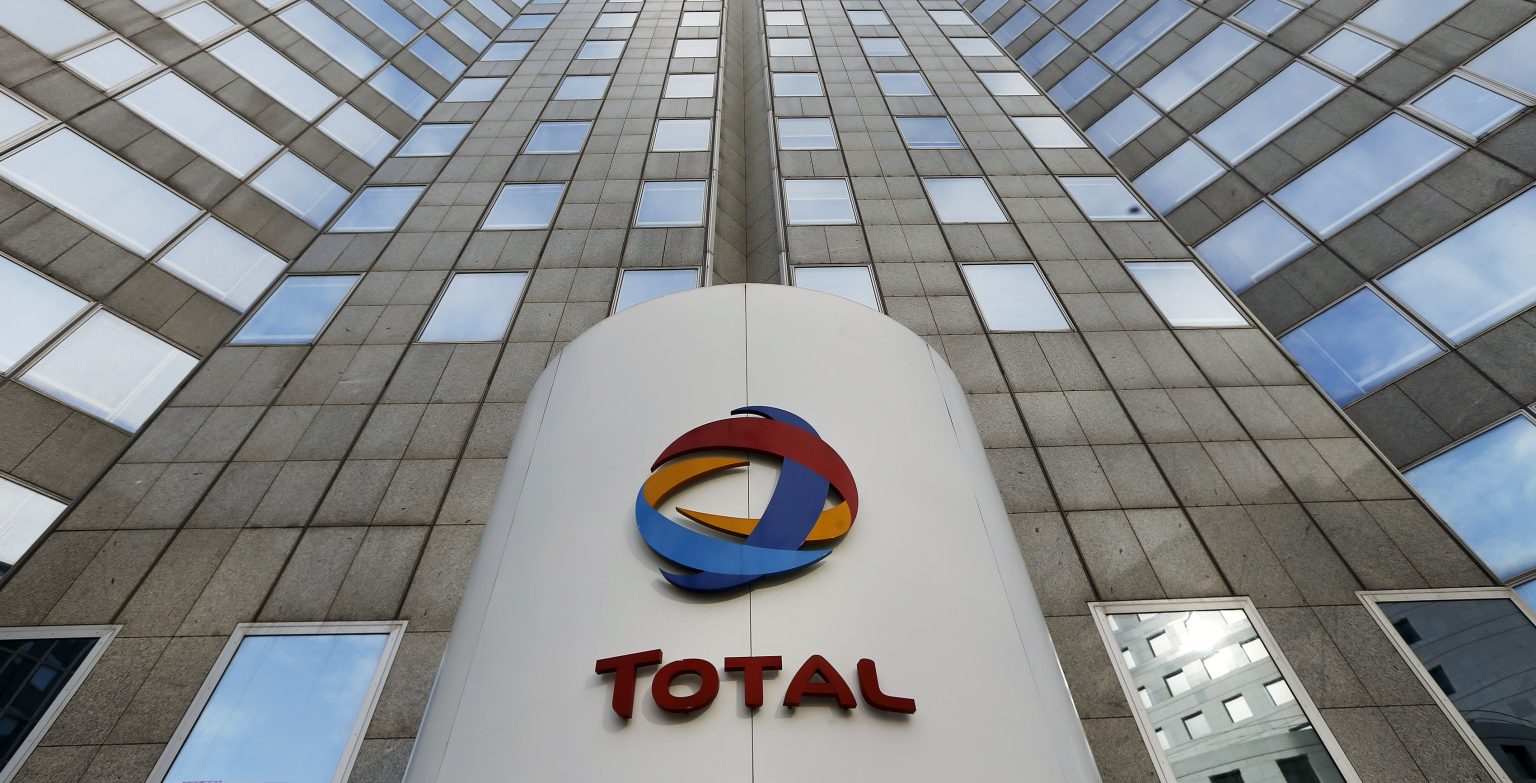
Executive Manager of Halindaq Company, Adel Salim announced signing an agreement with the French Company “Total” to invest $2billion in Iran’s petrochemical project by the end of this year.
Arman Amroz Newspaper
♦ Azerbaijan calls to build the joint power plants with Iran quickly
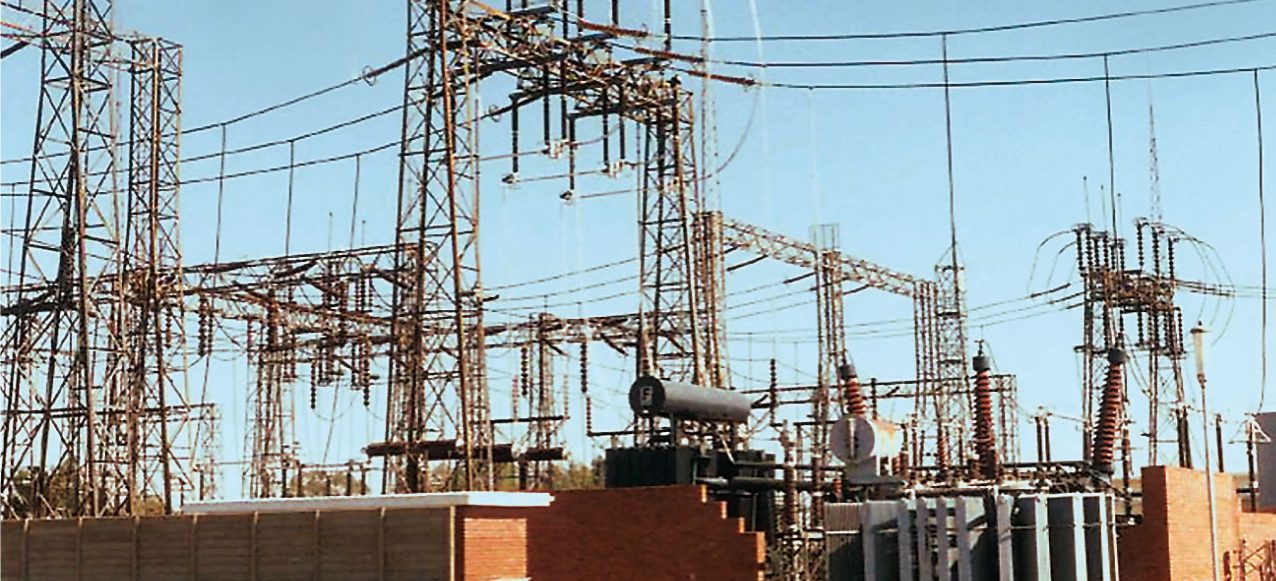
Head of Electricity Providers in Azerbaijan, Etibar Birordif said that joint plants between Iran and Azerbaijan contribute to stability in the electricity sector, adding that both countries are working on expanding cooperation in this field.
Abrar Eghtisadi Newspaper
♦ Deals with 4 Central Asian Countries for Transit of Goods through Iran Route

Assistant Director of the Iranian Railroads, Hussein Ashuri announced that Tajikistan, Uzbekistan, Turkmenistan, and Kyrgyzstan had signed an agreement to transport goods via Iran, adding that six more types of products have been added to this deal.
Abrar Eghtisadi Newspaper
♦ 65% increase in smuggling in Iran
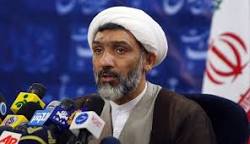
Iran’s Minister of Justice Mustafa Mohammedi pointed out that smuggling has increased 65% during the first six months of this year amounting to 100 million Iranian Tomans.
Iran Newspaper
♦ Return of World’s Biggest Shipping Company to Iran
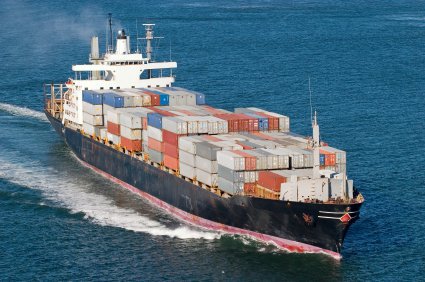
After four years break due to the Western sanctions on Iran, the world’s biggest shipping company, Maersk announced the resumption of shipping goods to and from the Iranian ports. Naiholm, the company’s General Manager in Iran and the UAE pointed out that the firm is familiar with the Iranian market and its vital role in world trade.
Tasnim Agency
♦ New Assignments in the Iranian Foreign Ministry
Former Iranian Ambassador to Tanzania Mahdi Agaja’fari will be appointed General Manager of African Affairs in the Foreign Ministry, Fares News Agency reported. Agaja’fari assumed many positions such as director of the Arabian Gulf in the Foreign Ministry, and Acting Charge de Affaires of the Iranian embassy in the UAE.
Hussein Mullah Abdullahi, current General Manager and former Iranian ambassador to Bahrain and Nigeria will be appointed an ambassador to Iran in Serbia; replacing the current Ambassador Majid Fahim Bour.
Musa Farhank, head of the second directorate for Mediterranean and South African affairs will be appointed Iran’s Ambassador to Tanzania.
Fares Agency
